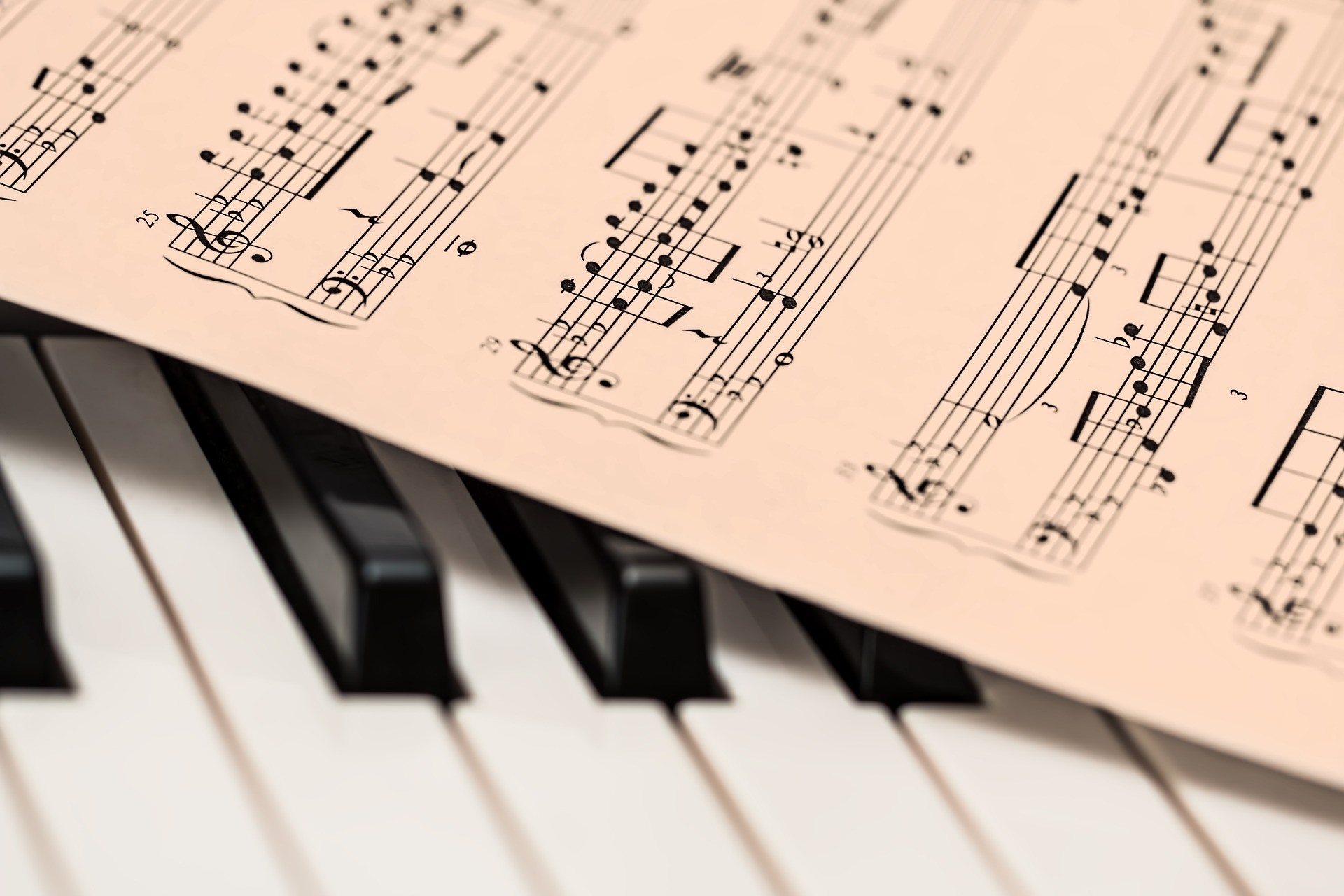News release
From:
Health: Therapeutic potential of Mozart for medication-resistant epilepsy
Listening to Mozart’s Sonata for Two Pianos in D Major (K448) for at least 30 seconds may be associated with less frequent spikes of epilepsy-associated electrical activity in the brain in people with medication-resistant epilepsy. The findings, which also suggest that positive emotional responses to K448 may contribute to its therapeutic effects, are published in Scientific Reports.
Previous research has shown that listening to K448 is associated with less frequent spikes of epilepsy-associated electrical activity in the brain in people with epilepsy. However, the impact of music duration on this association and the reasons for it have been unclear.
Robert Quon and colleagues used electroencephalography (EEG) to measure electrical activity in the brains of 16 adults with medication-resistant epilepsy as they listened to a series of either 15 or 90 second music clips, including K448. The authors found that listening to between 30 and 90 seconds of K448, but not the other music clips, was associated with a 66.5% average reduction in the number of epilepsy-associated electrical activity spikes throughout the brain. These reductions were found to be greatest in the brain’s left and right frontal cortices, parts of the brain involved in regulating emotional responses. The researchers also observed that when participants listened to the ending of long, repetitive sections within K448, a type of electrical activity known as theta activity increased in their frontal cortices. Previous research has suggested that theta activity may be associated with positive emotional responses to music.
The authors hypothesise that listening to K448 for as little as 30 seconds may activate networks within the brain that are associated with positive emotional responses to music and are regulated by the frontal cortex. The activation of these networks may contribute to reductions in epilepsy-associated electrical activity spikes among those with medication-resistant epilepsy, they suggest.



 International
International



